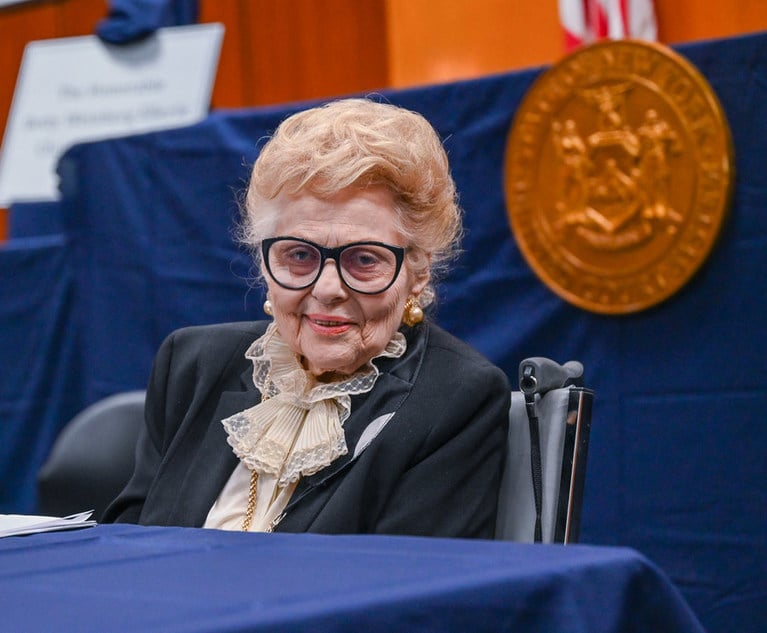It is a fundamental rule that a party to a litigation is permitted to be represented by only one counsel. It is equally fundamental that a party is entitled to representation by counsel of their own choosing. There are occasions, however, when these rules come into conflict, most notably where two parties are fully united in interest. In such circumstances, there is an important question as to whether those parties are entitled to separate counsel. The issue, which is a matter of discretion for the trial court, can have a profound impact on a trial.
Where the liability of one defendant is purely vicarious for that of another defendant, there is significant potential for both defendants to obtain an unfair advantage if they are permitted to be represented by separate counsel at trial. Even if they are prohibited from producing multiple expert witnesses in the same fields on the ground that such testimony would be cumulative, the attorneys would still have the ability to engage in tag-team cross-examinations, opening statements and summations. Therefore, where two defendants are united in interest on all issues at trial, efforts to have them represented by separate counsel must be carefully scrutinized by the trial court.


 Thomas A. Moore and Matthew Gaier
Thomas A. Moore and Matthew Gaier




